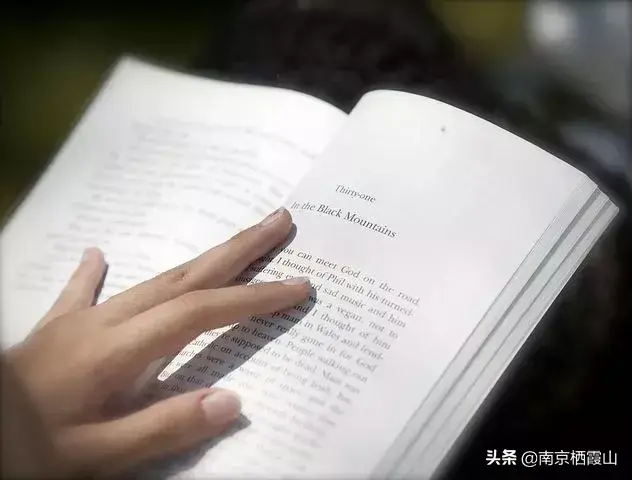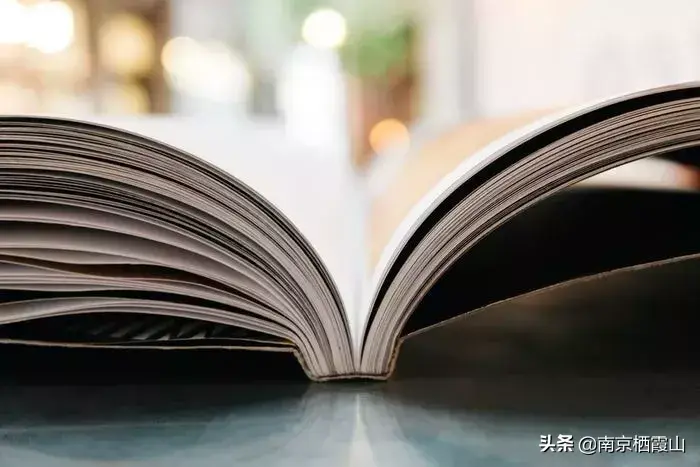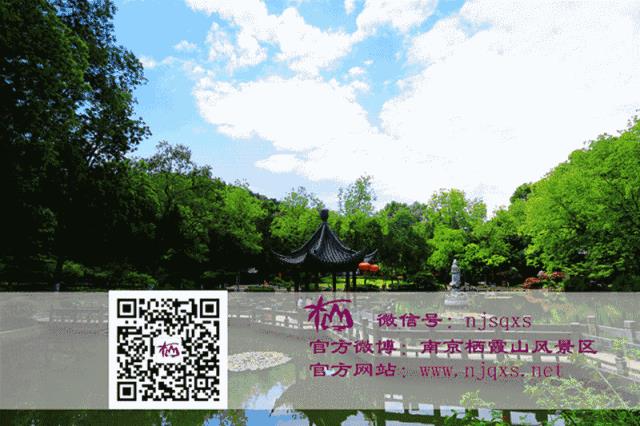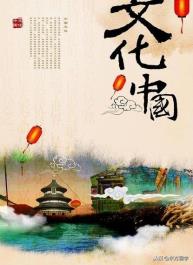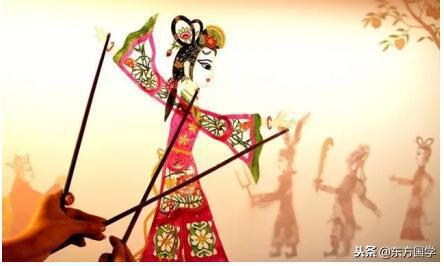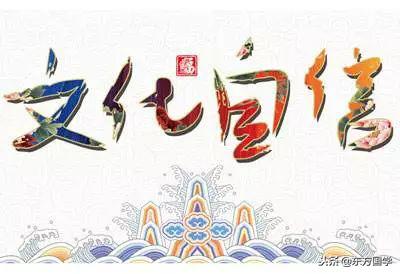A century-old era of blending history and thought in Eastern Friday.
Eastern Zhou Dynasty (770-256 BC), is a brilliant era in the history of China, is an important key to understand the history and civilization of China, no era like the Eastern Zhou Dynasty, has brought such lasting shock to future generations. However, it seems difficult to fully understand the Eastern Zhou Dynasty only based on the data of this era.
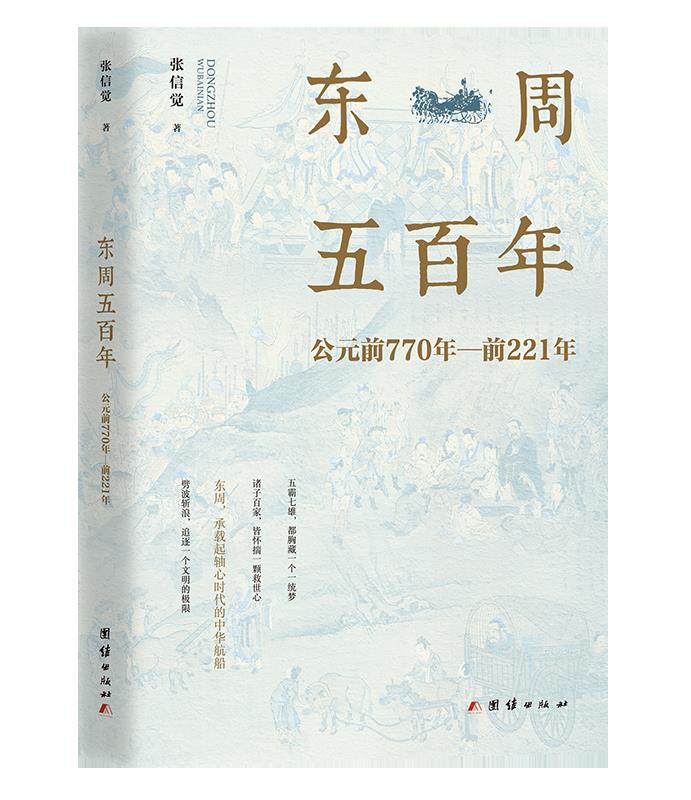
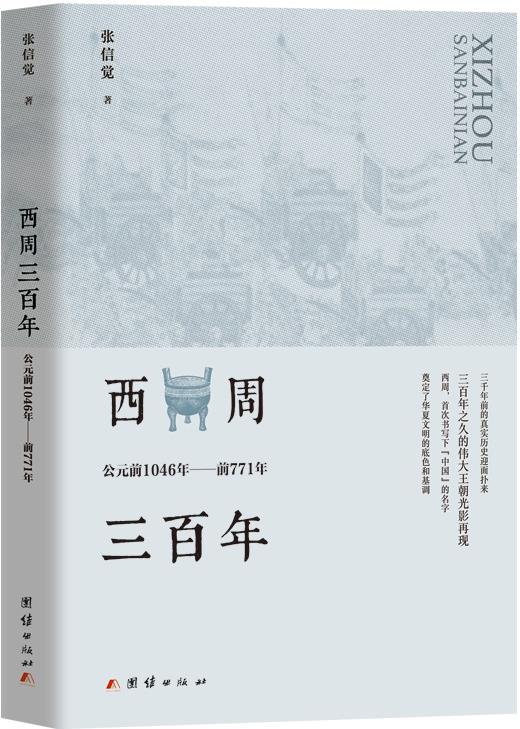
The latest published by Unity Publishing HouseCentennial of East FridayIt is the author Zhang Xinjiejie.Three hundred years of Western Zhou DynastyAfter another masterpiece. We say that reality is the continuation of history. When we have a good understanding of the Western Zhou Dynasty, many questions in the Eastern Zhou Dynasty will be solved. Based on the in-depth study of the Western Zhou Dynasty, the author further interprets this great era in the history of China-the Eastern Zhou Dynasty.
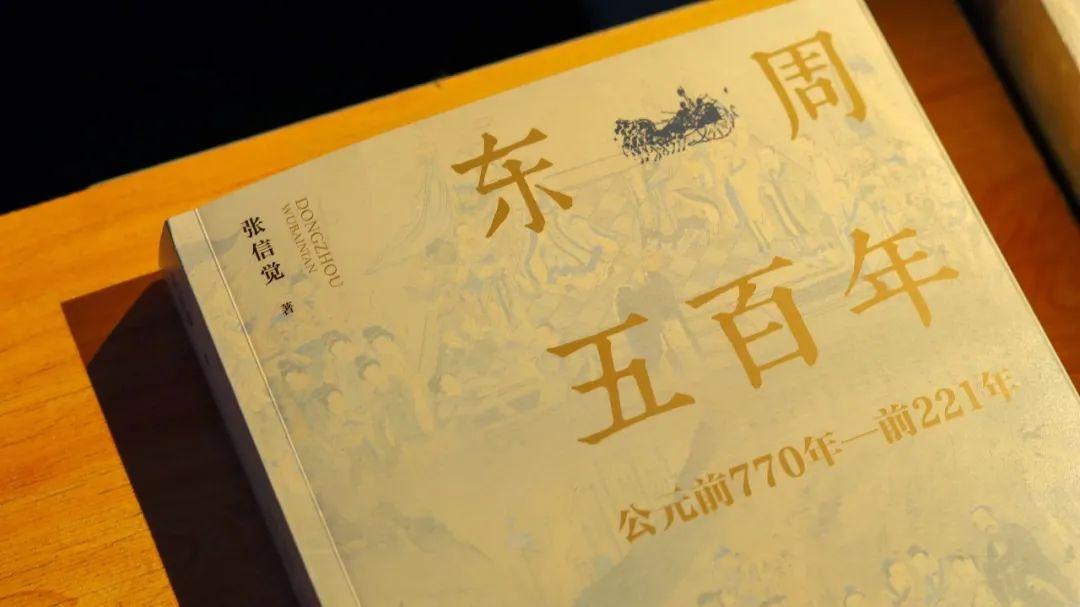
This book combs the complicated history, finds the causal relationship between different events and reveals the driving force behind the historical evolution. Get rid of the prejudice that the Spring and Autumn Period and the Warring States Period do not see the Eastern Zhou Dynasty, show the evolution of the Eastern Friday in a panoramic view, and truly restore the original face of history. Taking other civilizations in the "Axis Age" as a reference, the distinctive features of China’s history and Chinese civilization are contrasted. On the one hand, this book confuses and reorganizes, tells the changing history of the East Friday in the past 100 years, on the other hand, it ascends to the distance, summarizes and evaluates the creations of great thinkers in this era, discusses the mutual promotion between them, and touches the pulse of history deeper.
Today, the small group specially prepared for everyone.Centennial of East FridayThe preface, let’s read and look back together.770 BC-221 BCThese 500-year-old changes have returned to the era when history and thoughts blended together to explore the inherent laws of China’s historical development.
An era of blending history and thought.
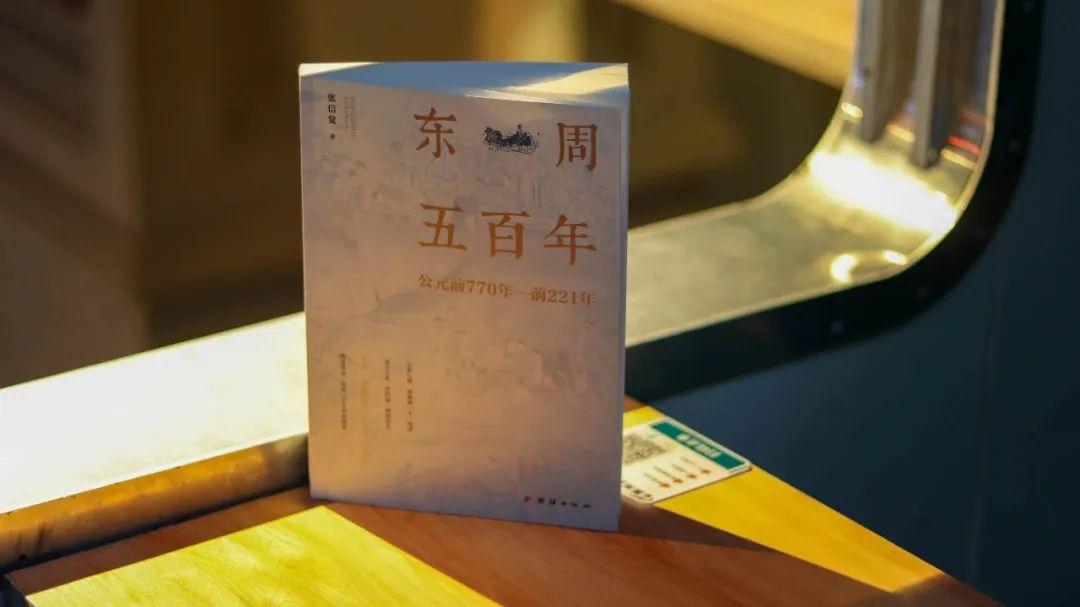
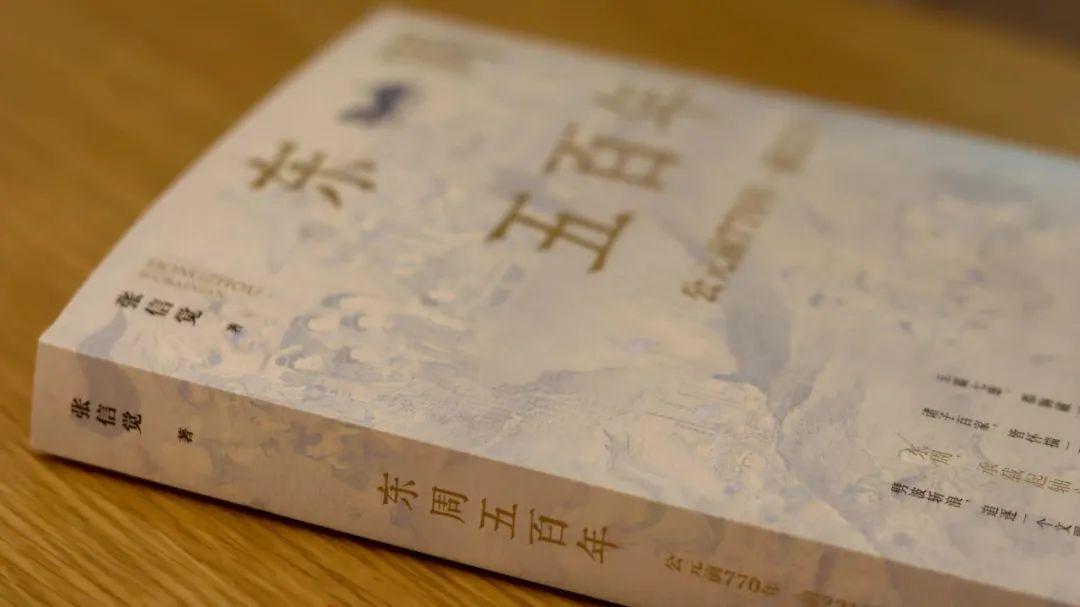
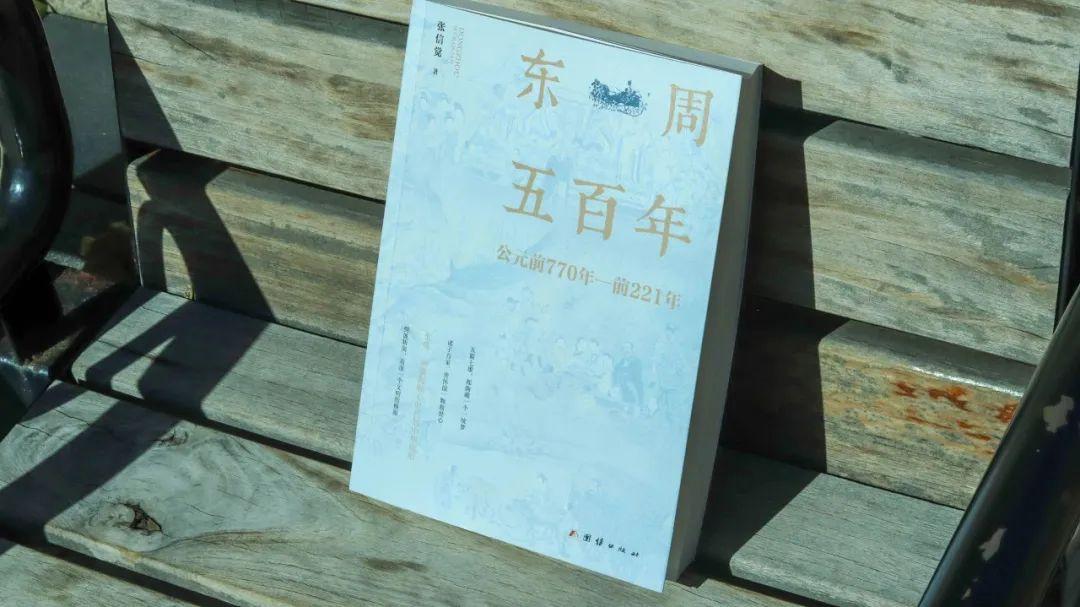
From the 8th century BC to the 2nd century BC, it is called the axis era of human history. During this period, China, Indian, Middle East and Greater Greece successively set off unprecedented ideological and cultural movements, which laid the foundation of human ideological concepts and spiritual beliefs and influenced them to this day. For this phenomenon, people are used to overlooking and summarizing it from the perspective of philosophy and religious development. This way of understanding is conducive to identifying the identity of different civilizations in historical development and observing the rhythm of human civilization development. However, there are some shortcomings in recognizing the particularity of different civilizations. Because without the soil on which civilization depends, it is difficult to understand its essence and see its true meaning.
Axis era, corresponding to the Spring and Autumn Period and the Warring States Period in China’s history. And hundred schools of thought is the creative subject of this great era. In the past two thousand years, the research materials about the pre-Qin philosophers have been filled with boxes and cars. However, the ancients were limited by the established vision, and the research methods were intertwined, which was suspected of overlapping beds. Since modern times, scholars have generally adopted analytical methods to study the history of thought. They regard thinkers as dissected objects, extract several points from the latter’s works and words and deeds, and then conclude that they are the representatives or all of their thoughts. This method sometimes hits the nail on the head, and sometimes there are too many deviations. A life with outstanding thoughts and fresh soul can not be dissected by a simple surgical knife.
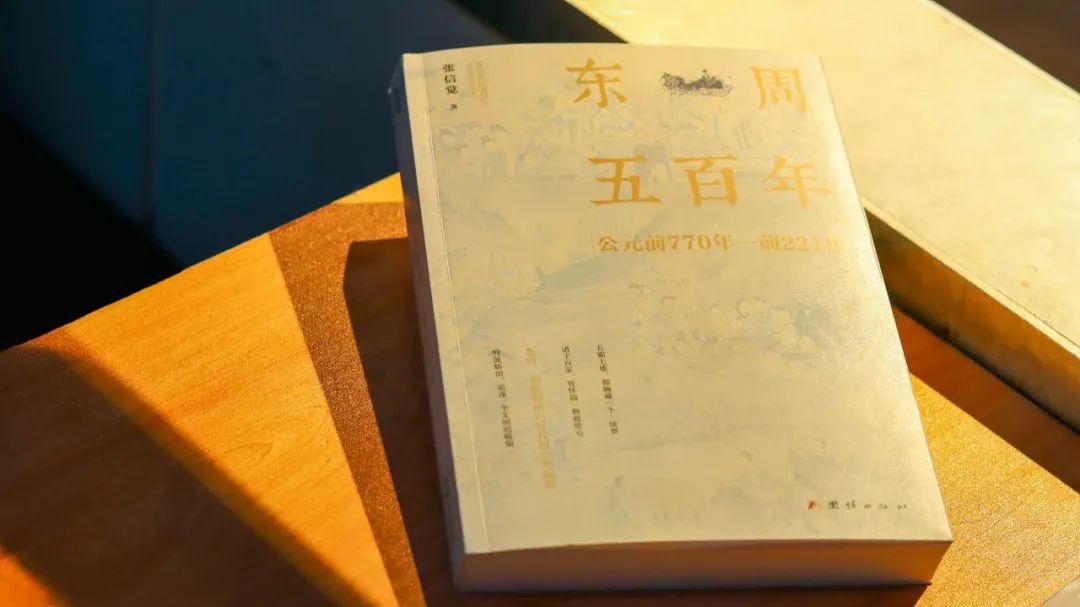
Each civilization system has its own distinct personality and characteristics, and only by in-depth exploration along the origin can we touch its beating heart. The greatest feature of Chinese civilization is its remarkable historical and political attributes (to some extent, politics is another form of history). In the world, the Chinese nation pays the most attention to learning from history. We have a vast collection of historical records, ranking first in the world. In terms of philosophical methods, Chinese thinkers favor the utility of politics the most. The content of political construction in hundred schools of thought occupies the largest space in their works. Therefore, to understand the essence of Chinese civilization, China in the Axial Age and hundred schools of thought’s thought, we can’t avoid history and politics. Only by starting with history and politics can we discover the mystery of civilization hidden behind thinkers.
So there is such a method, and with the pace of historical progress, we will follow suit to interpret China in the Axial Age. Only by thoroughly integrating into the historical context can we realize profound insights. For example, hundred schools of thought is essentially not a different philosophical school divided vertically, but a historical experiencer and a political participant linked horizontally; The blending depth of China’s history and thought is beyond ordinary imagination; It is history that creates ideas, not philosophy that creates ideas; Hundred schools of thought’s historical identity is far more important than his philosophical identity. Therefore, we know that the problems encountered by Chinese civilization in the Spring and Autumn Period and the Warring States Period were solved by history (politics) rather than philosophy.
This method of separate interpretation is conducive to understanding the essential features of a particular civilization. But the world we live in today is no longer a divided world. People can’t use historical answers to answer current problems. What future generations can only inherit and learn from is the free spirit and innovative vitality of Tessa in the Axial Age.
further reading
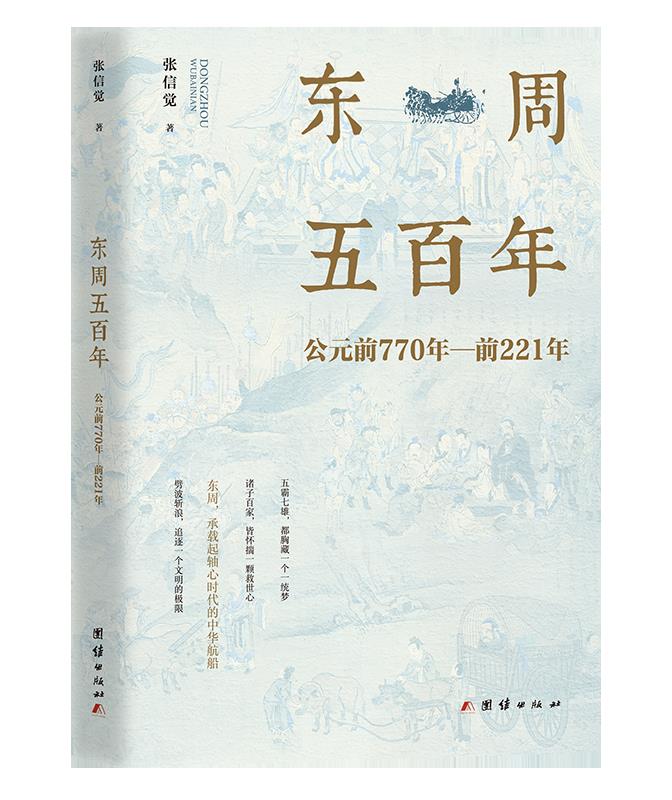
Centennial of East Friday
brief Introduction of the content
Starting from the timeline of China’s historical development and evolution, The Hundred Years of East Friday is a grand narrative of this category. On the one hand, the work confuses and reorganizes, and tells the changing history of the East Friday in the past 100 years, on the other hand, it ascends and overlooks, summarizes and evaluates the creations of great thinkers in this era, and discusses the mutual promotion between them. Through hundreds of years’ exploration and practice, the Chinese nation has finally found an advanced ruling style and lifestyle that suits it. The author not only narrates a wonderful history from a unique perspective, but also devotes himself to exploring the inherent laws of China’s historical development, revealing the core elements of Chinese civilization and the powerful driving force for the sustainable development of the Chinese nation.
Brief introduction of the author
Zhang Xinjue, a native of Danzhou City, Hainan Province, graduated from the Chinese Department of Central South University. Wide interests and extensive reading. I have maintained a strong interest in China’s history and culture for a long time, constantly expanded the breadth, breadth and depth of reading, liked to think independently, and loved to create. I have published works on publication platforms such as National History of China, History University Hall and many newspapers and periodicals, and I have published the work "Three Hundred Years of the Western Zhou Dynasty".
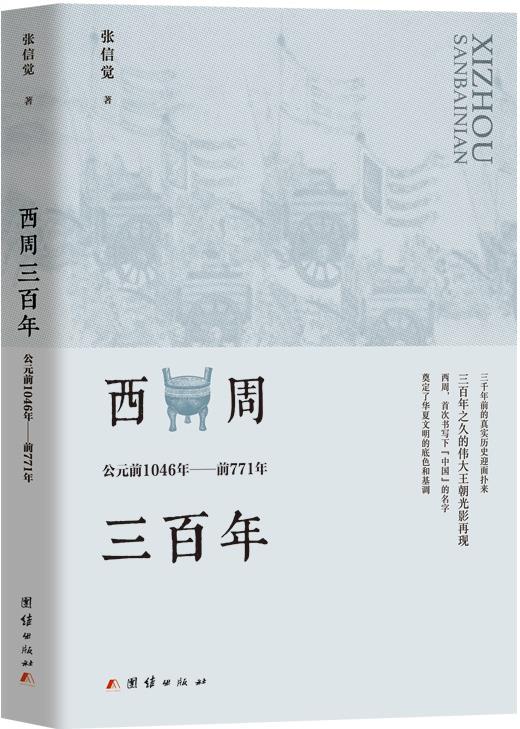
Three hundred years of Western Zhou Dynasty
brief Introduction of the content
The Western Zhou Dynasty, which inherited the Xia and Shang Dynasties and initiated the Spring and Autumn Period and the Warring States Period, was an era that Confucius prepared and respected. However, due to the lack of historical materials, it is very difficult to understand the whole picture of the Western Zhou Dynasty. Fortunately, the excavation of a large number of bronzes made up for this shortcoming to some extent, and also made it more feasible to restate the history of the Western Zhou Dynasty.
This book refers to historical materials such as Historical Records, Shangshu, Book of Songs and unearthed bronze records, sorts them out with a rigorous attitude, and narrates them in popular and smooth language, restoring a complete, continuous, plump and vivid historical picture of the Western Zhou Dynasty and reappearing a heroic epic led by the Duke of Zhou, a civil servant. As far as the author is concerned, the political, military, institutional, ideological and cultural aspects of the Western Zhou Dynasty are also discussed accordingly, in order to let readers know more about the budding and developing state of China culture in the Western Zhou Dynasty and show the deep value of the works. The works are supplemented by pictures and tables to enhance the expressiveness and attractiveness of the content. This book is not only a popular work for the public, but also a serious reading that is valuable for promoting traditional culture.

